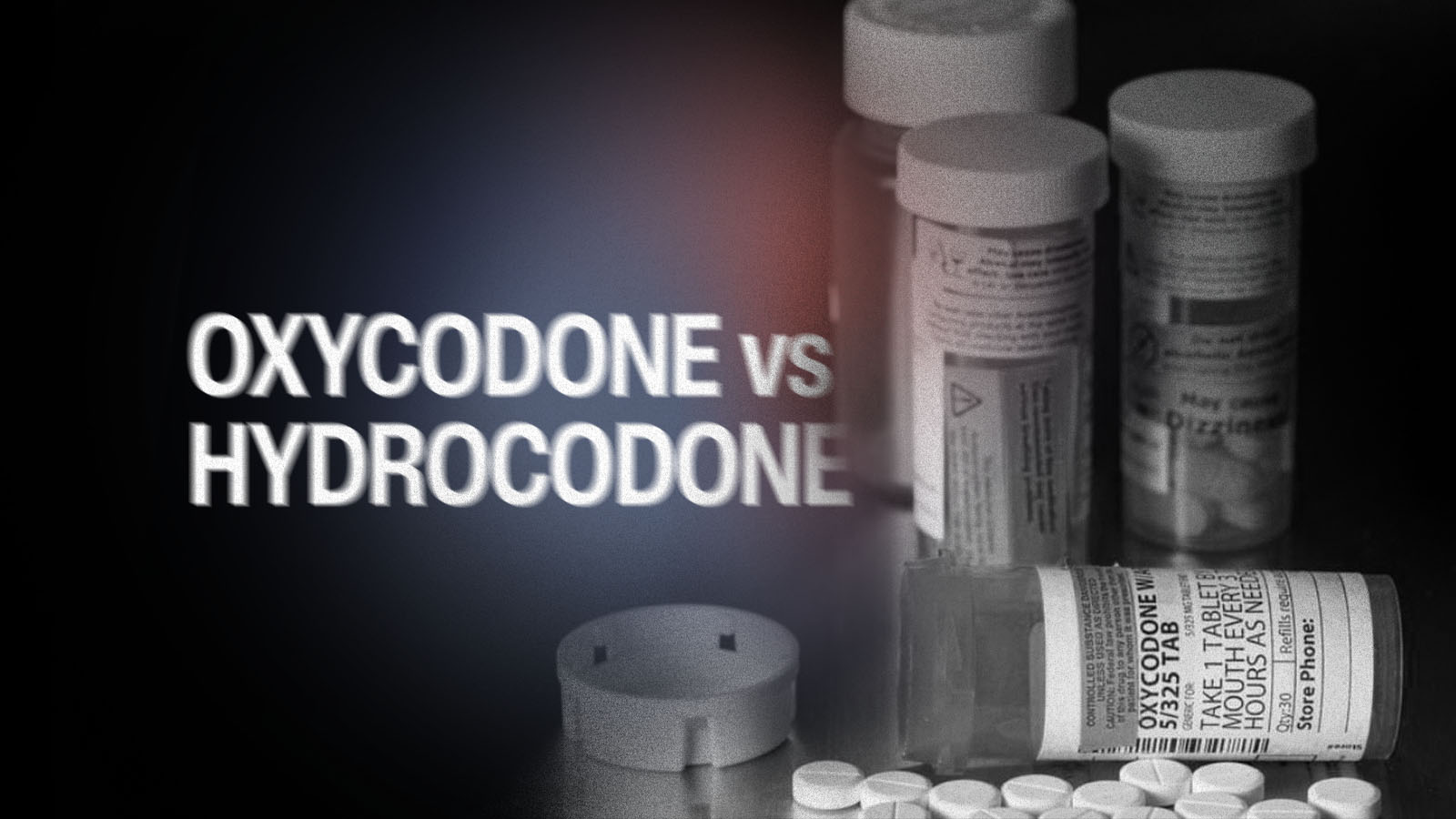Kratom is one of the latest substances touted online as a treatment for opioid withdrawal. It’s an herbal extract traditionally used as medicine and quasi-legal in many U.S. states, though most doctors and government agencies warn against self-medicating with kratom. It’s also been used recreationally to treat chronic pain, anxiety, and other ailments. But does kratom help with opioid withdrawal, and how effective is it?
Searching TikTok and YouTube for kratom will result in a bulk of conflicting, confusing, and even misleading information. Between warnings of the dangers of kratom and claims that it can save lives, it’s hard to get a clear answer. As a trusted medication-assisted treatment (MAT) provider, we at Ophelia want our patients to be informed about their options and alternative therapies. Below, we explain why kratom is used for withdrawal, its potential harm, and what medical experts say.
Why do people use kratom for withdrawal?
Kratom is not a commonly used substance. According to a study in the American Journal of Preventive Medicine, only 0.7% of the U.S. population uses kratom, compared to the estimated 3.8% with opioid use disorder (OUD). However, many people who use kratom also suffer from OUD. 1 in 10 people who struggle with opioids reported using kratom in a recent report. So why this substance? When someone cuts back on or stops using opioids after long periods, they often experience withdrawal. Symptoms of withdrawal can be uncomfortable and include:
- Anxiety and agitation
- Insomnia
- Sweating
- Muscle aches
- Abdominal pain
- Dilated pupils
- Nausea and vomiting
- Diarrhea
To cope with these symptoms, some people with OUD try to self-medicate with kratom. Kratom stimulates the opioid receptors in the brain, but to a lesser extent than pure opioids. In low doses, it acts as a stimulant. In high doses, it can relieve pain. For this reason, some individuals may try to use it as an alternative to opioids and to alleviate withdrawal symptoms.
Is it risky to self-medicate?
Unfortunately, rather than treating OUD and withdrawal, self-medicating with kratom may lead to a new addiction. Kratom interacts with opioid receptors and produces both stimulant- and opioid-like effects, especially in high doses. But it’s hard to tell just how strong the dose you’re getting is — the proportion of active ingredients in kratom plants can vary wildly and are not reliably labeled. High dosages combined with existing health issues can have dangerous physical results. In addition to dependence, using kratom can have many adverse outcomes, such as:
- Muscle pain
- Dry mouth
- Anorexia and/or weight loss
- Chills
- Nausea and vomiting
- Constipation
- Liver damage
- Dizziness
- Insomnia
- Hallucinations
- Seizure
From 2011 to 2017, poison control received about 1,800 reports involving kratom. Half of these cases resulted in serious side effects like seizures. The impact of chronic kratom use hasn’t been studied extensively, so it’s uncertain how it can affect individuals in the long term. However, cases of severe addiction and withdrawal have been reported nationwide.

What research says about kratom for withdrawal
Researchers were initially hopeful about this natural alternative to opioids, but results from formal studies aren’t promising. There isn’t much reliable evidence supporting kratom’s benefits for withdrawal. Instead, kratom has the potential to be addictive and cause harmful side effects. In one study, patients taking kratom for over six months experienced withdrawal symptoms similar to opioid withdrawal. Individuals dependent on kratom may need the same treatments prescribed for OUD, like Suboxone.
One of the main reasons individuals turn to alternatives like kratom is how easy it is to obtain. We’re working to remove barriers to MAT, making evidence-based treatments more accessible and personalized to meet your needs. To find out if Ophelia is right for you, answer a few questions and set up a quick 15-minute welcome call.
Sources





